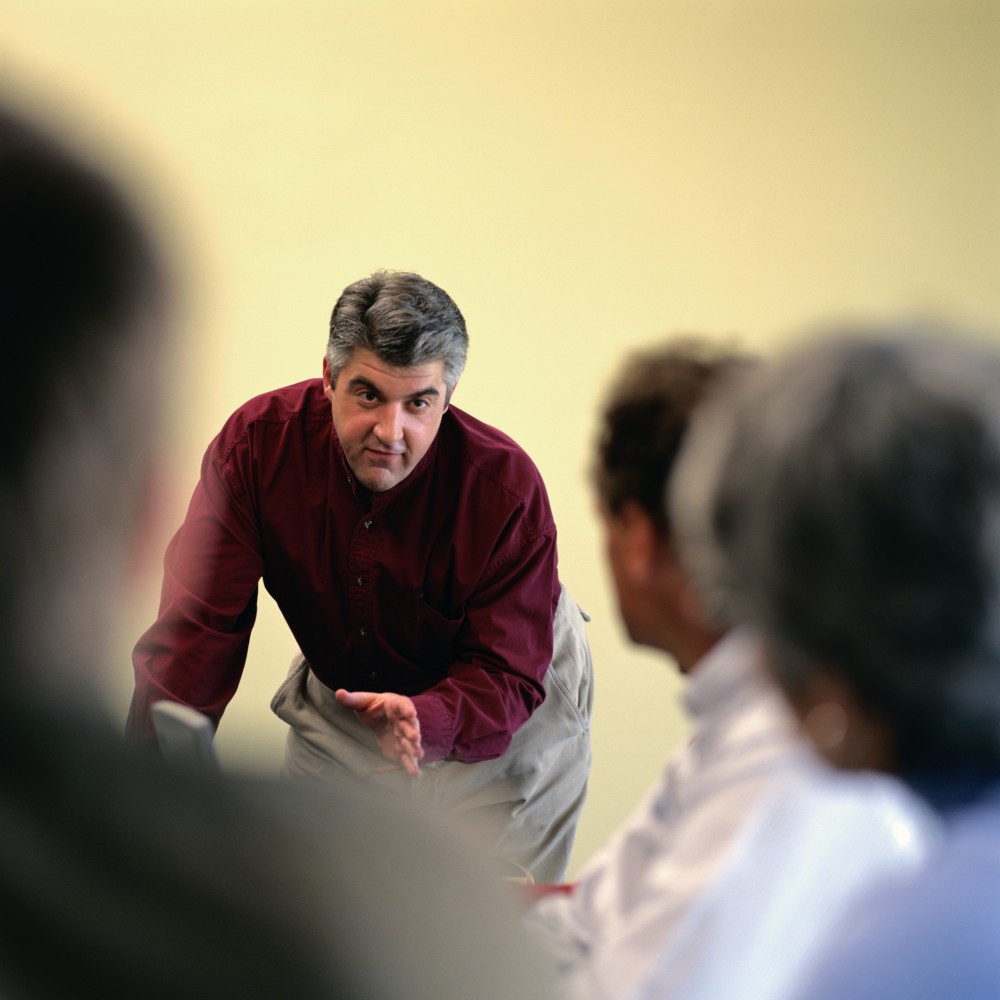Perfecting the art of conversation
It was not about researchers conducting a lecture, but rather engaging in a conversation
Climate change is a difficult issue. Many people remain confused about climate science and policy, leading to skepticism and disenfranchisement around both the science and what to do about it. Unfortunately, many scientists and public policy makers don’t understand why so many people are so confused, leaving themselves and the community out in the cold. This is an issue that Dr Will Grant and PhD student Luke Menzies from the Australian Centre for the Public Awareness of Science are addressing in their research project Long Conversations.
"The aim of Long Conversations has been to produce a ‘knowledge exchange’ on climate change," Grant explains. "We took leading climate scientists and experts to rural towns around Australia to talk about climate change – discussing the complex science and policy issues. The idea was to build a space where members of the community could discuss climate change with leading researchers. They could ask questions, provide ideas and discuss their needs, fears and desires on the issue. A key part of this was that the workshops were an ‘exchange’. It was not about researchers conducting a lecture, but rather engaging in a conversation. These conversations were meant to be a two way process – one where members of the community and scientists could learn from each other."
Menzies, who is writing his PhD on the experience of the workshops, said that he thinks the work could help climate scientists and members of the community connect with each other over the issue.
"A lot of research shows that to engage with people around issues such as climate change we can’t rely on just giving people information," Menzies explained. "Our experiences from these workshops back this up. Many participants, both scientists and community members, said that the workshops were extremely valuable to them in helping them understand climate change issues. We hope that this research can help build a better understanding of the way conversations can help influence the views and opinions of both ‘experts’ and ‘non-experts’ on climate change. Hopefully this can help increase engagement from across the community on the issue."
The Long Conversations workshops were held in rural towns around Australia throughout 2011.

